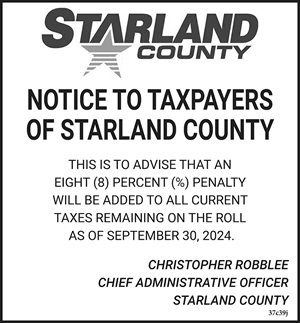
The Starland application was for funding to provide some incentive for its farm based solar project and to develop a toolkit that outlines the application procedures in order to duplicate the program in other communities.
Starland County is becoming recognized for its innovation with solar power and it continues to work on creating an atmosphere to have alternative energy flourish.
This comes as the Starland Regional Economic Development Committee received approval for a $50,000 grant to continue their work.
Starland CAO Ross Rawlusyk explains they applied for funding from the Municipal Climate Change Action Centre (MCCAC). The organization is a partnership of Alberta Environment, Alberta Municipal Affairs, the Alberta Urban Municipalities Association (AUMA), and the Alberta Association of Municipal Districts and Counties (AAMDC).
“They provide incentive funding,” said Rawlusyk. “They have been working on sustainable building designs, Greenhouse Gas action tool kits and they fund things like sustainability assessments of buildings.”
The Starland application was for funding to provide some incentive for its farm based solar project and to develop a toolkit that outlines the application procedures in order to duplicate the program in other communities. He said they have received the funding agreement from the MCCAC and are awaiting the approval from its board.
“Our basic goal is to get a basic 10 kilowatt farm system built for about $30,000, installed. Between MCCAC and Starland we want to cover 10 per cent of that,” explains Rawlusyk.
He says they are hoping to install 10 of these 10 kilowatt systems, and so far they have three up and running. This is even before they have the incentive package completed.
“Farmers are willing to step up and go ahead anyway and maybe catch up later,” said Rawlusyk, adding last week the County had its annual Agricultural Service Board tour and a solar installation was part of the program.
“I think I picked up another two or three farmers interested, so I don’t think we’ll have any trouble, in the rural areas, finding enough people to work on this type of project,” said Rawlusyk.
While they have been making strides in their program, the playing field is ever changing, and, while they work on going forward, other forces are slowing down progress.
The Alberta Government took some of the solar funding out of its Growing Forward program. He explains most recently another incentive from the Alberta Electric System Operator for contributing green power into the electrical grid has disappeared.
“Out of the blue a couple weeks ago it was eliminated. If you had a solar facility on your farm and you contributed into the grid, they were paying 15 cents a kilowatt, almost double the normal rate of power,” said Rawlusyk. “It gave us stability to keep energy projects so at least you knew what the price was going in. To us it was very valuable. When a farmer talks to you, they want to know that the payback is for their investment.”
Now a micro generating site will receive just the market value back for energy it contributes to the grid.
Starland County efforts are not going unnoticed. The World Alliance for Decentralized Energy Canada (WADE Canada) is holding its Annual General Meeting in Delia on August 28-29. On its website, WADE describes the AGM as being in “Starland County, Alberta’s Solar Epicenter.”
“To me that’s an indication of what the alternative energy market can bring into your area,” said Rawlusyk. “It’s an effort to plod forward, but it does have some rewards. When external groups begin to recognize what you are doing, it is positive."























